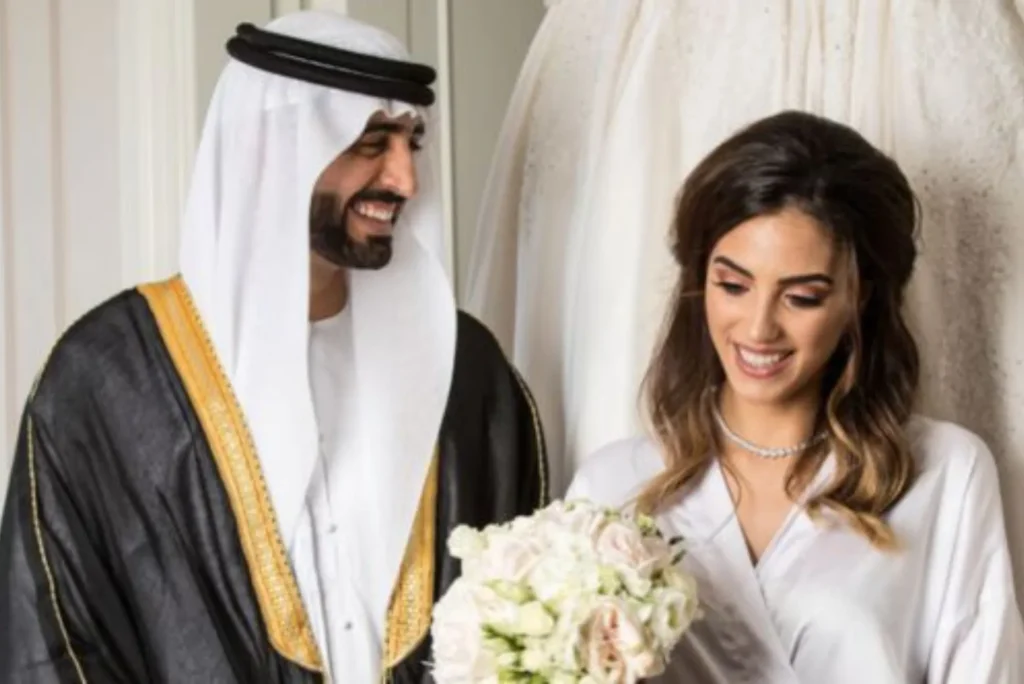Dubai, known for its cosmopolitan appeal, is a popular destination for expatriates and visitors from all around the world. Its diverse population often brings with it varying perspectives on relationships and family structures. One of the questions that regularly arises is whether a common-law marriage can be recognized in Dubai. Common-law marriage, often characterized by a partnership where a couple lives together and presents themselves as married without a formal marriage certificate, is a legal institution in some countries, such as the United States, Canada, and the United Kingdom. However, Dubai, and the wider UAE, operates under a set of laws that might differ significantly from those found in other countries.
The UAE follows a mixture of civil law and Sharia law in its legal system, and this combination has important implications for how relationships are recognized. In this article, we’ll explore how common-law marriages are treated in Dubai, the role of family lawyers in Dubai, and what steps expatriates or residents can take to ensure that their relationship is legally protected within the UAE.
Legal Framework in Dubai
Dubai’s legal system is governed by both civil law and Sharia law. The UAE Family Law (Federal Law No. 28 of 2005) governs family matters for UAE nationals, while non-nationals are subject to their home country’s laws. However, when it comes to matters like marriage, divorce, and inheritance, the UAE has specific rules and regulations that can make things tricky for those who are not married through official channels.
The UAE does not recognize common-law marriages in the same way that some Western countries do. There is no provision in UAE law that automatically acknowledges a couple as married simply because they have been living together for a certain period or presenting themselves as a married couple.
While cohabitation without marriage is not illegal in the UAE, unmarried couples living together can face legal issues. This is especially important when considering the personal status laws in Dubai, which often focus on the concept of legal marriage. Unmarried cohabitation can be deemed illegal under certain circumstances, particularly when it comes to non-married couples living together and engaging in activities associated with a traditional marriage.
What is the Status of Cohabitation without Marriage?
In the UAE, the law generally presumes that couples should marry formally in accordance with the legal framework of the country. Cohabiting without marriage could lead to legal complications, including potential charges of indecency or other offenses, especially if it involves sexual relations outside marriage. Historically, such acts were criminalized, but recent reforms in the country have loosened restrictions in some cases.
For example, in late 2020, the UAE decriminalized consensual sex outside marriage, as part of a broader package of legal reforms aimed at modernizing the country’s legal landscape. While this marked a significant shift, it’s crucial to note that unmarried couples still do not have the same legal status as married couples in the UAE. Cohabitation without marriage might not result in a legal penalty for non-UAE nationals, but it’s still a legal grey area. This situation can often lead to complications, especially in case of a dispute over inheritance, child custody, or property rights.
Role of Family Lawyers in Dubai
In any case, couples who are cohabiting in Dubai without marriage may face legal challenges in the future. This is where family lawyers in Dubai play an essential role. A family lawyer in Dubai can help clarify a couple’s legal standing, advise them on how to navigate the country’s family law system, and ensure that their rights are protected in case of unforeseen circumstances, such as a dispute over property or children.
Family lawyers in Dubai are also well-versed in the complex interaction between UAE law and international laws, especially with the growing expatriate population in the city. They can help non-married couples understand how to protect their rights, for example, through legal agreements or other forms of documentation that can provide clarity in case of legal disputes.
What Happens if the Couple is Foreign Nationals?
For expatriates in Dubai, the rules governing marriage and cohabitation can depend on their nationality and the laws of their home country. Dubai recognizes marriages performed in foreign countries, as long as they are legally valid in the country where the marriage took place. If a foreign national wishes to have their common-law marriage recognized in Dubai, they may face challenges.
In many cases, expatriates in Dubai might opt to formalize their relationship by getting married in a civil ceremony in their home country or by applying for a marriage license in the UAE. It’s essential for expatriates to ensure that their marriage is legally recognized in both their home country and the UAE, particularly for matters like inheritance, custody, and financial rights.
A family lawyer in Dubai can assist expatriates in navigating these complexities by advising them on how to have their marriage recognized and what steps they need to take to ensure they are protected legally.
What Are the Options for Common-Law Partners in Dubai?
For common-law partners or unmarried couples living in Dubai, there are a few options available to ensure their rights are respected. Here are some possibilities:
- Marriage: The most straightforward solution is for the couple to get married. This can be done through a civil ceremony in the UAE or in their home country, followed by legal recognition in Dubai.
- Co-habitation Agreement: While a common-law marriage cannot be formally recognized in Dubai, a cohabitation agreement might help clarify the terms of the couple’s relationship and offer some legal protection. A family lawyer in Dubai can help draft a cohabitation agreement that specifies the rights and responsibilities of each party in case of separation or dispute.
- Legal Contracts: Depending on the nature of the relationship, individuals may also seek to enter into other legal contracts, such as agreements regarding property or joint assets. These contracts may help safeguard their interests in the absence of formal marriage.
- Adoption and Custody: Couples in common-law relationships who have children might face legal challenges regarding custody or guardianship. If the couple has a child and is not married, the child’s legal status can become a complex issue. A family lawyer in Dubai can provide crucial guidance on how to address custody or inheritance matters.
Implications for Children in Common-Law Relationships
One of the most important aspects of family law in Dubai relates to the status of children born outside of formal marriage. Under UAE law, a child born to unmarried parents may face significant challenges when it comes to custody and inheritance rights. However, with the proper legal advice and procedures, a family lawyer in Dubai can help parents secure legal rights for their child, regardless of their marital status.
While there have been recent reforms in Dubai regarding the recognition of children born out of wedlock, there are still many legal complexities involved, especially when it comes to establishing paternity and determining inheritance rights.
Conclusion
In summary, common-law marriages are not recognized in Dubai in the same way as they are in some Western countries. While cohabitation is not necessarily illegal, unmarried couples living together may face legal challenges in various aspects of life, from custody to inheritance rights. The best way for couples to protect their rights is to seek formal marriage, legal contracts, or cohabitation agreements. Consulting with family lawyers in Dubai can help navigate these challenges and provide clarity on how to best protect the interests of both parties involved.
A family lawyer in Dubai can offer essential advice on legal matters, guide expatriates on how to have their relationships formally recognized, and offer assistance with family law issues related to children, custody, property, and inheritance. For couples living in Dubai, having a clear understanding of local laws is crucial to ensure that they are fully protected in the eyes of the law.








